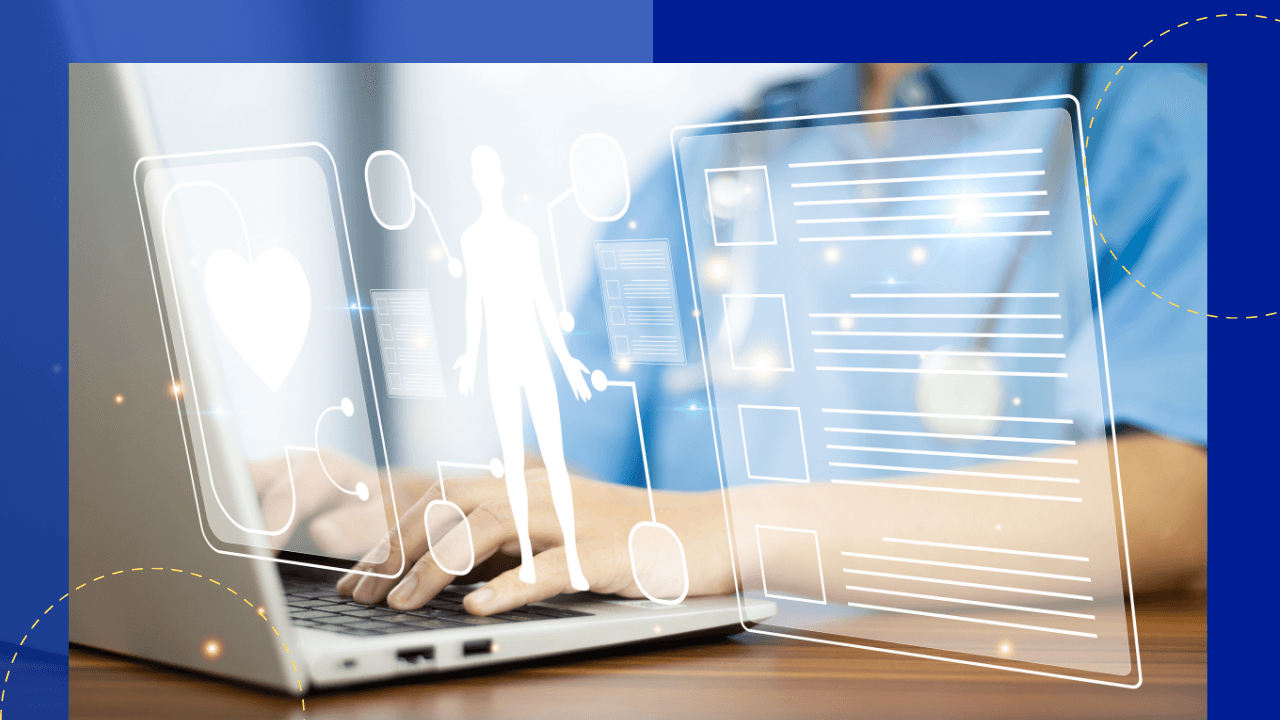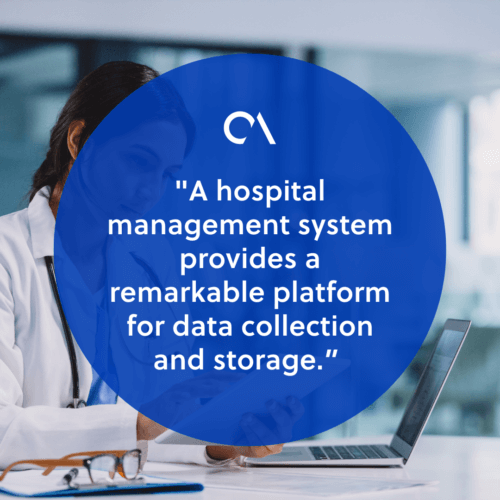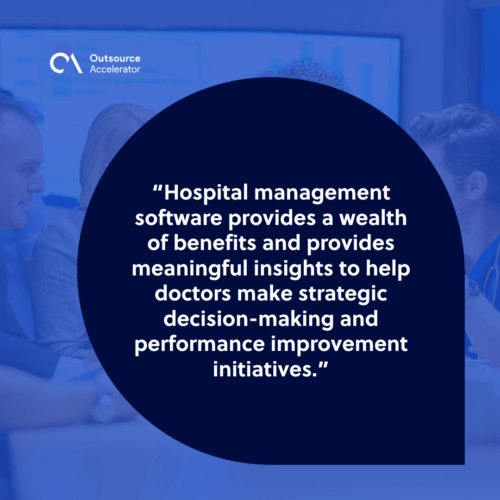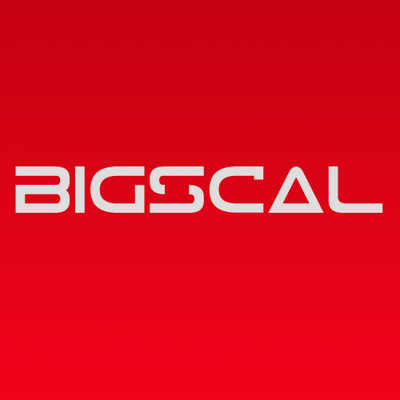5 best practices in utilizing hospital management software effectively

This article is a submission by Bigscal Technologies PVT. LTD. Bigscal Technologies PVT. LTD. is a software development company based in India that offers a range of services such as IT consulting, digital transformation, MVP development, and SaaS consulting.
The benefits of hospital management systems (HMS) in the fast-evolving healthcare industry of 2024 cannot be overstated. These include improving patient care, streamlining administrative duties, and making the best use of available resources.
HMS enhances operational effectiveness and care quality by facilitating smooth communication between healthcare providers, improving decision-making processes, and ensuring regulatory compliance.
The services that facilitate the efficient operation of all medical departments make up the best hospital management software.
Clinic software development should integrate the corporate efforts of all medical specialists, meet the needs of the healthcare facility, and enhance patient care.
Read this blog to find out reasons to use a hospital management software system for improved workflow and operations.
How a hospital management system works
A hospital management system provides a remarkable platform for data collection and storage. Its main function is to automate day-to-day medical operations and efficiently optimize resource utilization.
These are well-integrated, top hospital management software; that balances the occupancy rates and checks the exact number of staff needed to execute the operations seamlessly.
Furthermore, automation manages all the intricate operations and helps you interact with medical services and providers autonomously. Thus, by analyzing data and providing accurate data to authorized users.

During appointment booking, patients can choose all of their preferred services from a; streamlined platform and medium. Furthermore, the HMS program automatically calculates the total expenses and payment amount.
A seamless transaction can be achieved if the system already has access to the payment amount when an application for services is made at reception.
To ensure transparency and accountability in financial transactions, the system should allow patients; to request statements detailing all provided services and corresponding payments over the specified period.
In addition, the healthcare software automatically tracks patient debts or prepayments, indicating which patients have already settled their bills and which still owe them.
Additionally, the hospital information system provides immediate access for authorized personnel to both employee and patient activities.
Healthcare facilities can foster a more productive and satisfied work environment for their employees if they prioritize patient-centricity and efficient management practices.
6 best practices in using hospital management software
Here are six best practices to implement:
1. Streamline patient registration and appointment scheduling
Hospital management software provides a remarkable platform for businesses to smoothly integrate the patient’s registration features and scheduling of appointments.
By automating these medical practices, clinics can reduce the backbreaking work of administrative burdens and reduce the time patients stand in queues.
Using features such as online appointment booking and automated appointment reminders can enhance the patient experience further and improve clinic efficiency.
2. Optimize resource allocation
Hospital management software development provides viable insights to doctors to reduce the utilization of resources; including staff availability, equipment usage, and bed occupancy rates.
Evaluating these necessary metrics, healthcare facilities can easily predict inconsistencies and make tangible decisions to optimize every step of resource allocation.
For example, viable data and reports can help hospitals determine staffing levels based on patient volumes, ensuring adequate coverage without unnecessary staffing costs.
3. Boost communication
Effective communication and collaboration are integral aspects, and professionals should adopt them to provide high-quality patient care.
The best hospital management software solution streamlines communication by providing a centralized approach to managing patient information, lab results, test results, and treatment programs in real-time.
It boasts features such as secure messaging and electronic health records (EHR) that keep the information systematic; and allow seamless collaboration among clinicians, leading to better-coordinated care and improved patient outcomes.
4. Automate administrative tasks
Hospital management software simplifies tedious administrative tasks such as claims management, billing, invoicing, and inventory management
By minimizing the hectic workload of manual processes and reducing paperwork, doctors can focus on productive activities, optimize operations, and create a stress-free and secure environment.
Automating is also more efficient and accurate because it minimizes errors and ensures compliance with regulatory requirements.
5. Improve patient monitoring and follow-up
Hospital management software is endowed with elegant features that allow healthcare providers to analyze the patient’s disease symptoms and treatment plans accurately.
A reminder system for follow-up appointments or preventive screenings can help physicians schedule appointments based on patient history and risk factors, for instance.
Remote monitoring tools also provide continuous monitoring of patients’ vital signs and health status, making it possible to intervene early and manage chronic conditions proactively.
6. Facilitating data-driven decision making
Hospital management software provides a wealth of benefits and provides meaningful insights to help doctors make strategic decision-making and performance improvement initiatives.
Doctors can identify areas for improvement and implement workflows that follow high-impact strategies that steer growth and improve efficiency by evaluating key performance indicators (KPIs) such as:
- Patient satisfaction scores
- Wait times
- Clinical outcomes
The software tracks trends over time and integrates data analytics tools that help healthcare administrators make informed decisions that drive operational excellence.
Partnering with hospital management software companies; drives data-driven decision-making to achieve operational excellence and deliver high-quality patient care.

Investing in a hospital management system
Digital innovation is necessary in every aspect of contemporary life. Hospital management systems’ development is a perfect example of how healthcare is leading the way in this change.
The bulk of hospital operations can be automated, and all electronic health records can be gathered using HMS. You can combine any or all of the various hospital management systems into your HMS.
As the healthcare sector is reshaping the world, hospital management systems’ attributes are essential to their expansion. You must carefully choose which features to include to ensure that they suit the needs of each user position.







 Independent
Independent




